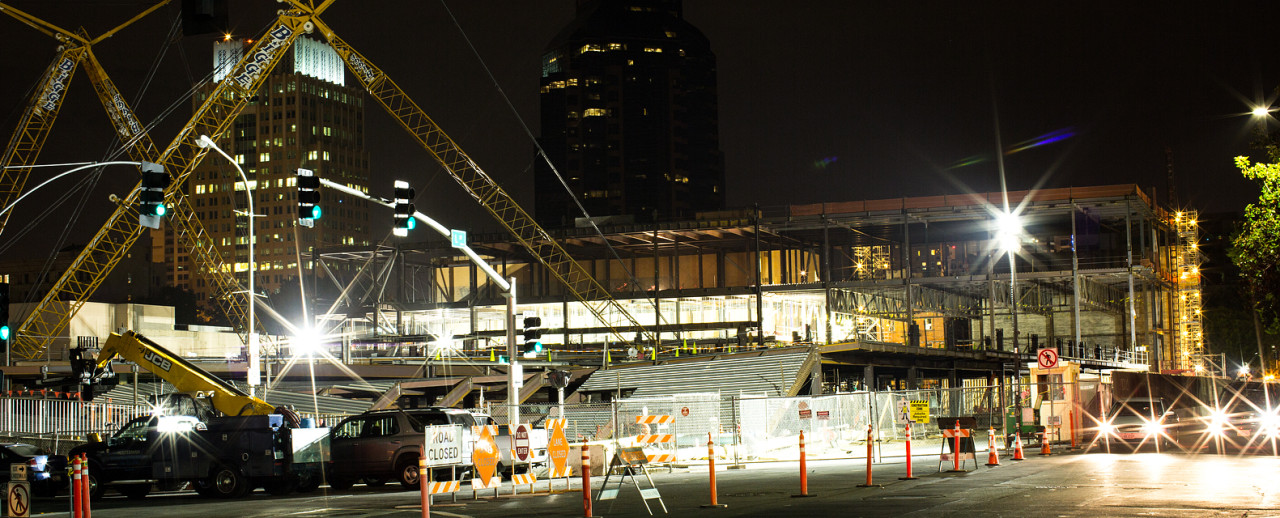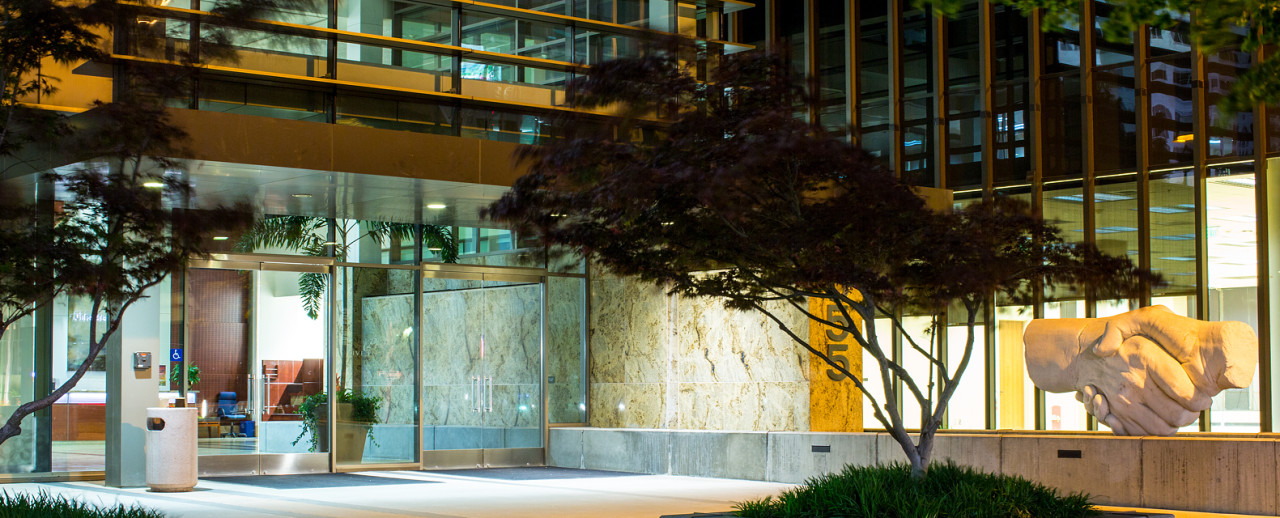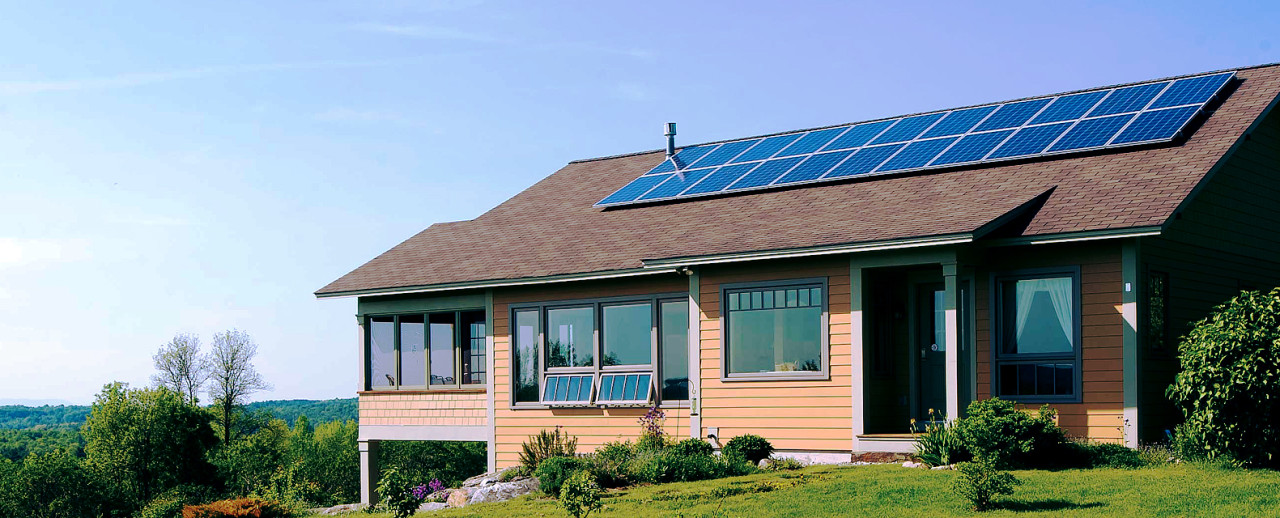
BEFORE A POWER OUTAGE!
#1. Prepare/Restock your emergency preparedness kit. This kit should include flashlights, candles, a lighter/matches, batteries and a first aid kit as well as any medications that you may want/need in an emergency situation. For example – if you have a diabetic in the home, be sure to include some glucose tablets. Check all medications regularly and replace any that are expired.
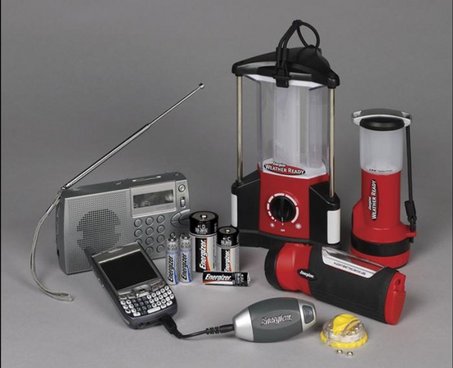
#2. Keep some shelf stable snacks such as granola bars and canned goods that do not require power to prepare handy. Make sure you own a manual can opener. Keep plenty of bottled water handy.
#3. Keep all phones and electronic devices that you may need in an emergency fully charged. You can also purchase spare batteries for these devices and rotate them, keeping the spare always charged in case of an emergency.
#4. Purchase or keep enough ice on hand to keep perishable goods cold during a power outage.
#5. Keep your car’s gas tank full. You never know when there might be an emergency evacuation or extended power outage, and gas pumps run on electricity. Also – in an emergency you can use your car’s heater/air conditioning and electricity to power your cell phone. Just do NOT run a car in an enclosed area or your risk exposing yourself to harmful or deadly levels of carbon monoxide.
#6. Learn about safety procedures and plans in your area such as evacuation points, cooling and warming centers by visiting your local or state web site.
#7. If you have medical devices that rely on electricity to function, please contact your equipment provider or electrical provider for assistance in preparing a back up plan should your power fail.

DURING A POWER OUTAGE!
#1. Use flashlights for emergency lighting. Conserve batteries as much as possible because you do not know how long the power outage may last. Use candles ONLY in supervised areas to prevent fires.
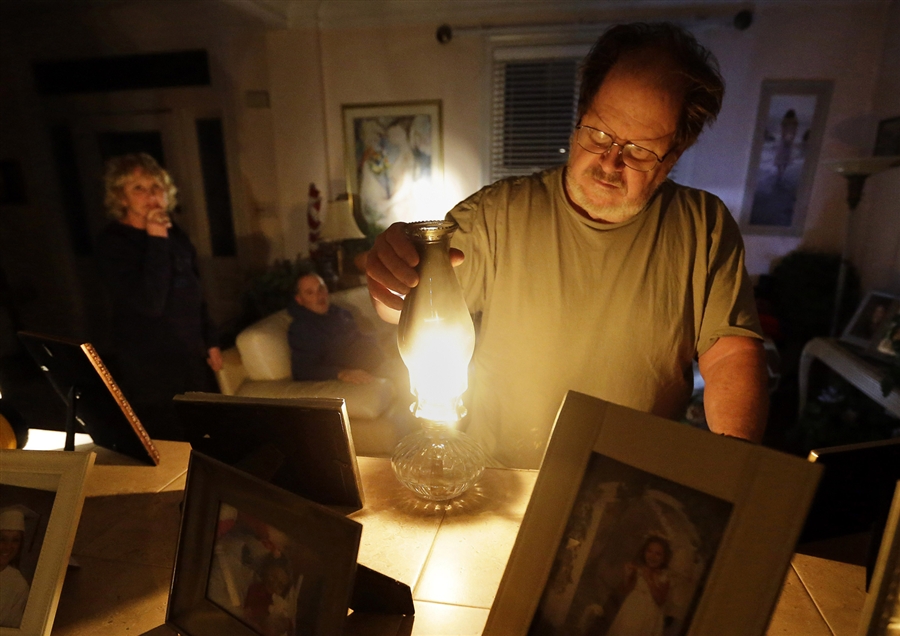
#2. Keep refrigerators/freezers closed. Perishable foods can generally be safely kept in a fridge/freezer during a power outage for at last several hours.
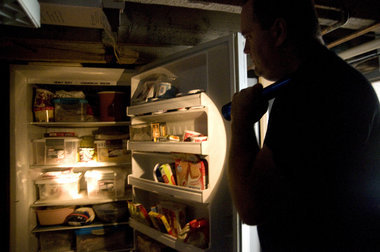
#3. Take steps to remain cool if it is hot outside. In intense heat when the power may be off for a long time, consider going to a movie theater, shopping mall or “cooling shelter” that may be open in your community. If you remain at home, move to the lowest level of your home, since cool air falls. Wear lightweight, light-colored clothing. Drink plenty of water, even if you do not feel thirsty.
#4. Put on layers of warm clothing if it is cold outside. Never burn charcoal for heating or cooking indoors. Never use your oven as a source of heat. If the power may be out for a prolonged period, plan to go to another location (the home of a relative or friend, or a public facility) that has heat to keep warm.
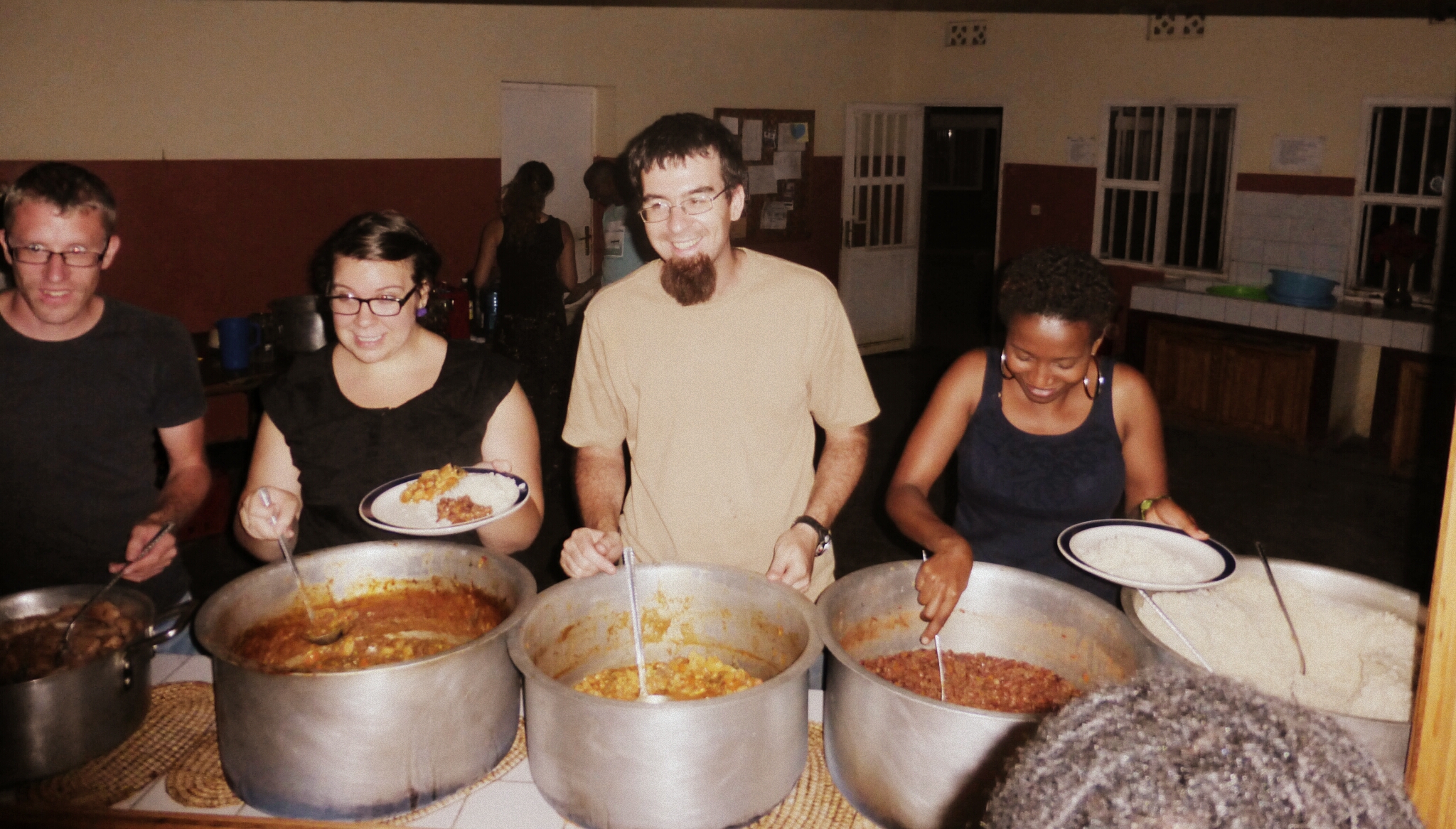
#5. Turn off any appliances in the home until the power comes back on. This will protect your appliances from being damaged by any power surges. Also consider installing surge protectors.
#6. If you are considering buying a generator, consult with an engineer first. Never run a generator INSIDE or near a home.
AFTER A POWER OUTAGE!
#1. Throw away any spoiled food or beverages. Discard anything that has been exposed to temperatures 40° F (4° C) for 2 hours or more or that has an unusual odor, color or texture. When in doubt, throw it out!
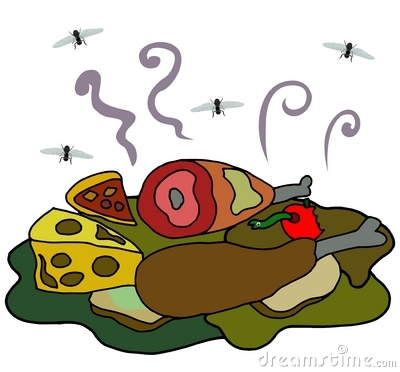
#2. If food in the freezer is colder than 40° F and has ice crystals on it, you can refreeze it.
#3. Contact your doctor or pharmacist if you are concerned about refrigerated medications being spoiled.
#4. Restock emergency supplies such as batteries, candles and bandages/medications so you are prepared for the next power outage!
For more information, CLICK HERE!


